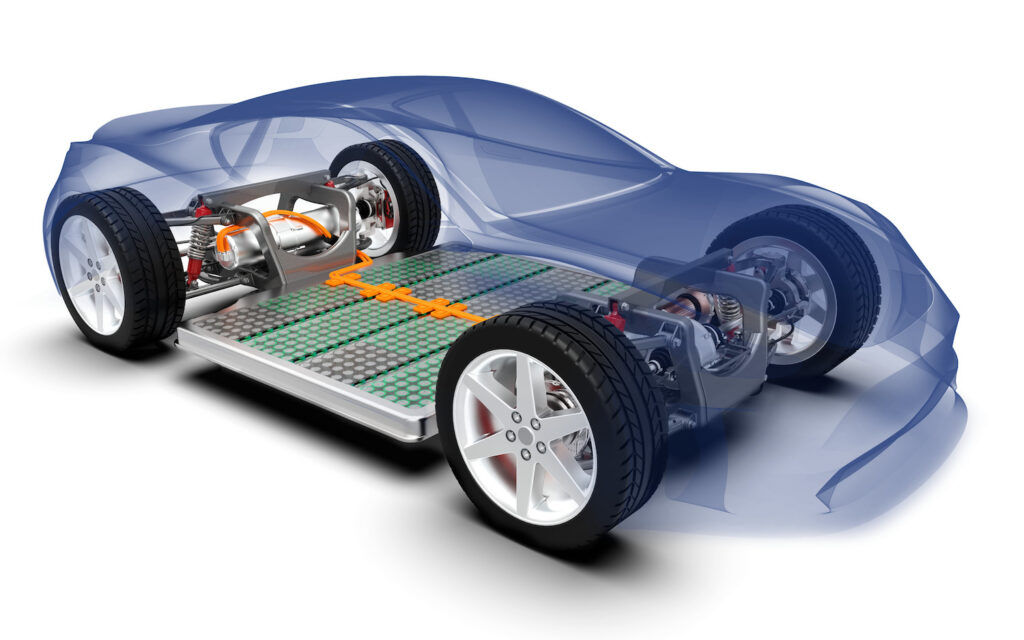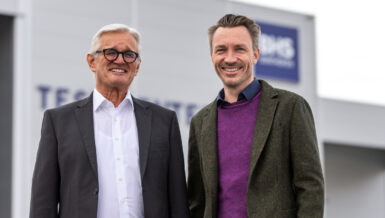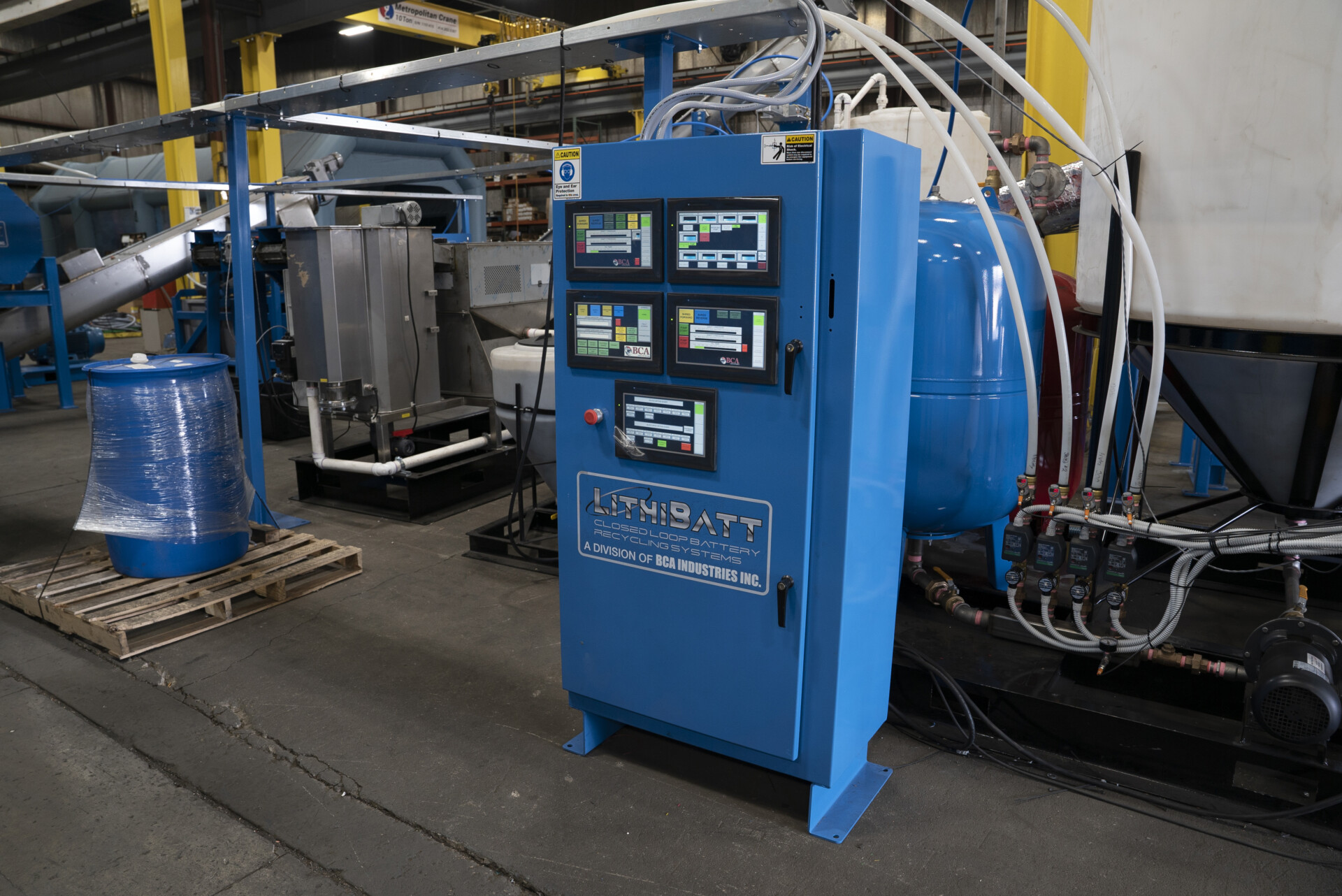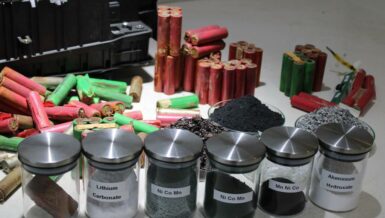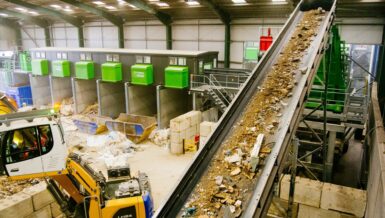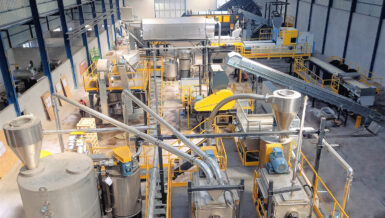”In the period of just over two years, we have successfully implemented two large-scale plants in Europe in addition to two pilot plants in the field of battery recycling. With the third large-scale project, we are now reaching a high degree of maturity of a still very young, novel recycling process,” comments Daniel Zeiler, Vice President in the Recycling Technology Business Unit at BHS-Sonthofen. “We are particularly proud that we have been able to secure another renowned and innovative customer like BASF.”
At the end of June 2023, BASF, together with partners and customers celebrated the opening of Europe’s first co-located center for battery material production and battery recycling. A significant component is the plant supplied by BHS for the mechanical processing of lithium-ion batteries. This plant is seen as an important step towards closing the loop for the European battery value chain and raw material supply, ultimately reducing the CO2 footprint.
Scheduled to commence operations in 2024, the plant will have a processing capacity of 15,000 metric tons of spent lithium-ion batteries and scrap from battery production per year. The BASF facility is currently under construction in Schwarzheide, Brandenburg, where it already produces cathode active materials for lithium-ion batteries. The black mass produced at the plant contains valuable metals such as nickel, cobalt and lithium, which undergo chemical extraction in a subsequent processing step at BASF. These metals are then utilized in the production of new battery materials.
Recycling plant meets the high safety standards of the chemical industry
BHS-Sonthofen and BASF both equally benefit from this extensive cooperation. ”The plant in Schwarzheide is being constructed to the highest environmental, health and safety standards. To meet our customer’s stringent requirements, we have developed tailored solutions for our machines and components in close coordination with BASF,” Daniel Zeiler explains, reflecting on the results of the first year of cooperation.

Knut Zöllner, Senior Vice President at BASF, confirms, “In BHS-Sonthofen, we have chosen a partner who seamlessly combines the worlds of classic recycling technology and chemical process technology particularly well, complementing BASF’s own experience.”
Exceptional material disintegration
In 2020, BHS-Sonthofen introduced its innovative and safe process for recycling lithium-ion batteries. The mechanical process consists of the main stages of crushing, drying and screening. Crushing takes place in two stages, enabling exceptional material disintegration and yielding the valuable black mass as the main product. This process achieves high recovery rates, depending on customer requirements, while maintaining the highest quality standards. Moreover, the continuous gas-tight process from shredder to dryer, ensures a safe evaporation of electrolytes, meeting BASF’s stringent criteria for plant safety and environmental compatibility.
BHS vacuum dryer extracts electrolytes
The heart of the plant is the vacuum dryer of type HTC, which gently heats the crushed batteries. Here, too, BHS utilizes its in-house technologies and expertise: through its Process Technology business unit, the company is a leading global supplier of process technology components and systems for the chemical, pharmaceutical, and food industries.
During the heating process, the electrolyte remaining after crushing evaporates, while the material is gently homogenized and further broken down autogenously. The electrolyte components can be recovered via the multi-stage condensation unit. As a key element of this innovative recycling process, BHS has already supplied the vacuum dryer to market companions and customers with large-scale battery recycling plants.

Over the past two years, BHS-Sonthofen has further optimized the technologies and process parameters used in the process, focusing on material selection, work safety, and ease of maintenance. “For example, operation of the shredders is now easier and safer. Additionally, enhanced accessibility allows for better cleaning and maintenance of the machines,” says Zeiler. Furthermore, BHS incorporated valuable operating experience gained from pilot and large-scale plants into the Schwarzheide project, ensuring efficient scaling.
“Battery recycling is a crucial prerequisite for fostering the circular economy and meeting EU quota requirements,” Zeiler concludes. “We are currently witnessing substantial investments in battery recycling on a global scale, and recycling technology is continuously improving. The process from BHS-Sonthofen has now more than proven itself in practice.”

